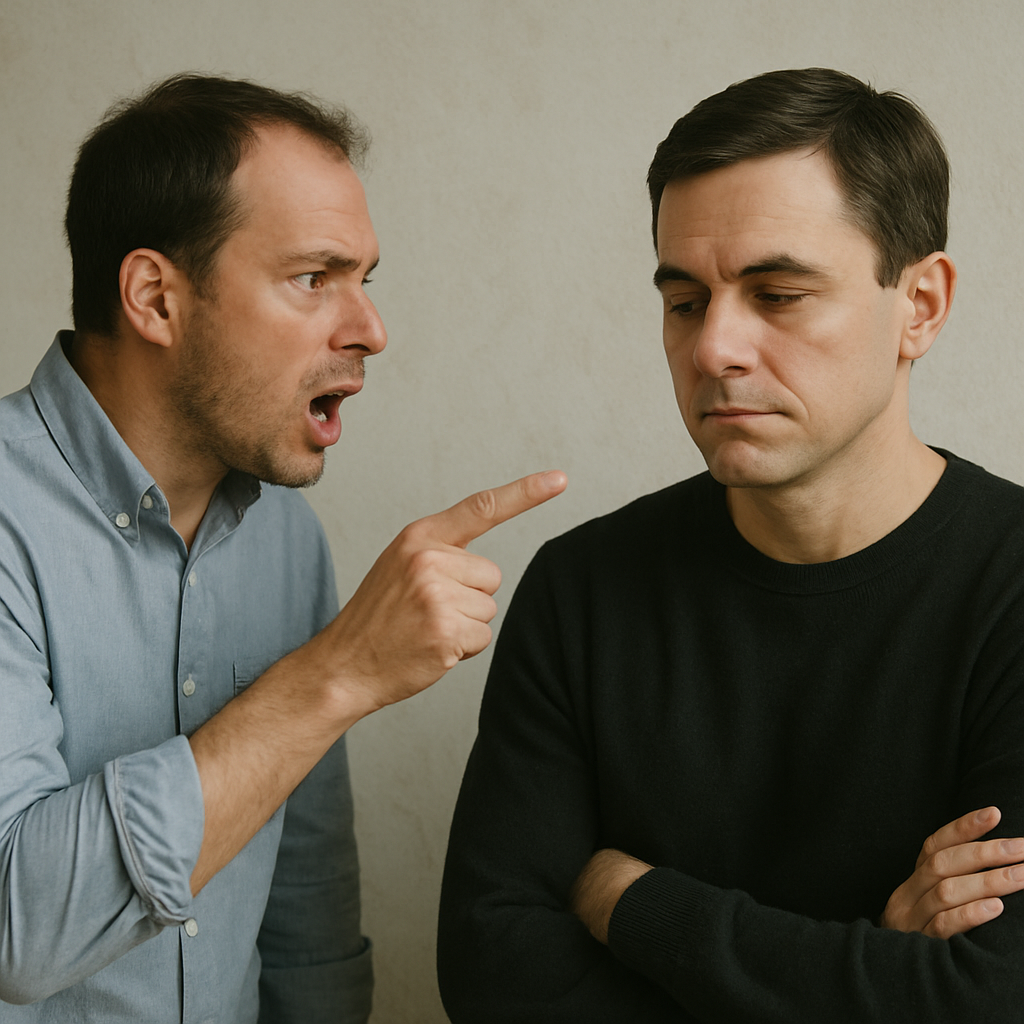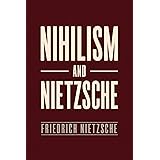Coming out as an atheist isn’t like flipping a switch. It’s more like walking a tightrope—especially when you live in a religious society, or come from a deeply faithful family.
Some people assume you’re angry with God. Others treat you like you’ve lost your way. And still others say nothing—but you feel the shift in the air.
So how do you live honestly as an atheist, without turning every conversation into a debate—or every silence into a secret?
I Don’t Want to Argue
First, let me be clear: I didn’t become an atheist to win arguments.
I didn’t “deconstruct” my faith to feel smarter or superior.
I did it because I wanted peace.
Clarity.
Honesty.
So when I talk about my atheism, I try not to speak from a place of anger or mockery. I know what it’s like to believe. I remember the comfort, the hope, the meaning I once found there. I don’t want to take that away from anyone.
But I also don’t want to pretend. Not anymore.
When I Speak Up
I speak up when:
- Someone asks me directly
- A conversation turns to values, meaning, or truth
- I hear something harmful justified by religion
- I feel safe enough to be honest
I don’t lead with it. But I don’t hide it either.
Most of the time, I just say, “I’m an atheist,” and leave it at that. No lecture. No defensiveness. No need to prove anything.
And interestingly, that quiet confidence often opens space for real conversation—not confrontation.
When I Stay Quiet
There are times I don’t speak up. Not because I’m ashamed—but because I don’t want to waste my breath, or hurt someone unnecessarily.
I stay quiet when:
- It would turn a tender moment into tension
- The person isn’t actually open to dialogue
- The conversation isn’t about me
- I’d be putting myself at risk
Sometimes silence is wisdom. Not every battle is worth fighting. Not every room is a safe one. And not every moment is about “educating” someone else.
That doesn’t make me a coward. It makes me human.
It’s Not About Hiding—It’s About Choosing
Being open about my atheism is not about waving a flag or burning bridges. It’s about standing in my truth without shame, and choosing when and how to share it.
The goal isn’t to be loud.
The goal is to be real.
And in a world where belief is often assumed, that quiet honesty can be more powerful than shouting.
Why I Write
I started this blog because I needed a space where I didn’t have to measure every word. Where I could speak plainly, not defensively. Where I could process what it means to live well without God.
I know others are walking this path too, quietly.
I hope this gives them a sense of belonging, and maybe even a little courage.
Because living authentically shouldn’t require a debate.
Sometimes, it just starts with saying, “This is who I am.”
If this post resonated with you, feel free to share or comment.
This space exists for thoughtful, human conversation—no preaching, no judgment.
About the Author:
I’m a former believer, a quiet thinker, and a lifelong seeker of clarity. After decades of faith, I stepped away from religion to rebuild my worldview on honesty, empathy, and reason. This blog is where I reflect on that journey—and explore what it means to live a meaningful, moral life without God
















Coming out as an atheist is a deeply personal journey, shaped by the need for honesty and clarity. It’s not about rejecting others’ beliefs but finding peace within oneself. Navigating this path requires courage, especially in environments where faith is deeply rooted. The key is to remain authentic without forcing confrontations or debates. How can society create more spaces where people feel safe to express their beliefs—or lack thereof—without judgment?
Yes — you captured that so well. It’s not about attacking belief, but reclaiming your own voice and integrity. I agree: the goal is authenticity, not confrontation. I think creating safe spaces starts with conversation — spaces where people listen before reacting, and where disagreement doesn’t mean disrespect. It takes courage on all sides. Your comment gives me hope that more of those spaces can exist. Thank you for adding your voice to this.